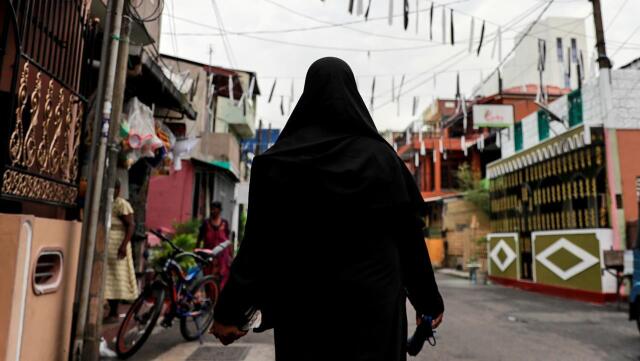The Olympic restriction echoes the French soccer federation’s ban on hijabs, which the French Council of State upheld in June.
By Kelsey Ables
A UN body has criticized France’s ban on its Olympic athletes wearing headscarves at the 2024 Paris Games, amplifying the debate over religious expression in a country with a long history of restricting Islamic dress in the name of secularism.
When asked about the decision during a news conference in Geneva, a spokeswoman for the UN human rights office said, “No one should impose on a woman what she needs to wear or not wear.”
“Discriminatory practices against a group can have harmful consequences,” Marta Hurtado said, noting that under international human rights law, “restrictions of expressions of religions or beliefs” are “only acceptable under really specific circumstances,” such as public health or safety.
French Sports Minister Amélie Oudéa-Castéra told a news programme on Sunday that those competing for France in the Olympics next year would not be permitted to wear hijabs at the event.
The government’s “regime of strict secularism” is “strictly applied to the field of sport,” Oudéa-Castéra said, according to French media.
The Olympic restriction echoes the French soccer federation’s ban on hijabs, which the French Council of State upheld in June.
Critics have condemned these policies as discriminatory and say they foment Islamophobia, while the government has defended them as critical to maintaining national unity and curbing perceived threats of religious influence on society.
When the Summer Olympics return to France for the first time in a century in July, they will offer an international stage for the country to project its identity to the world, an identity that the government is increasingly defining by the principles of secularism.
France has repeatedly focused on Islamic dress in its efforts to limit the presence of religion in public life.
Such efforts are tied to the French idea of “laïcité” – translated as “secularism” – which is enshrined in the constitution.
Hijabs have been prohibited in state-run schools since 2004, when a law banned “ostentatious” religious symbols, which also applies to items such as crosses and turbans.
In 2010, France became the first European country to ban full face coverings, including niqabs, in public areas. Last month, it banned abayas, the long robes worn by some Muslim women, in public schools.
These policies are particularly influential in France, which has the highest number of Muslims of any country in Europe, making up about 10 percent of its population, according to government data.








